Exploring Software Testing Fundamentals And Qualifications
4.9 out of 5 based on 22369 votesLast updated on 26th Oct 2023 13.38K Views
- Bookmark

Join a Special Software Testing Course for Beginners. & Enhance Your Software Testing Fundamentals. If you want to know Software Testing Qualifications.
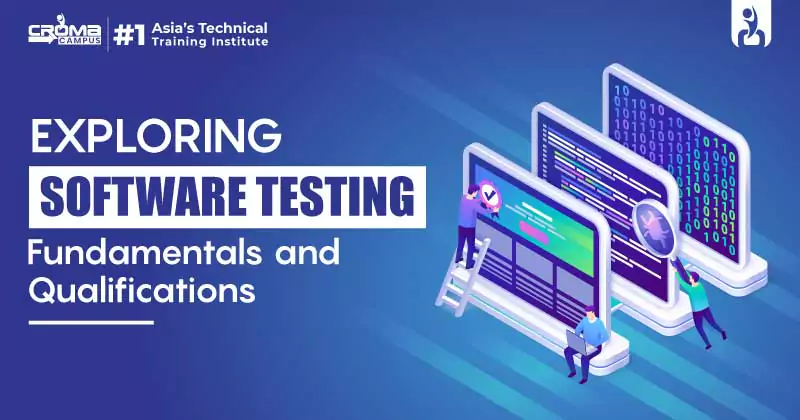
- In 1985, the Therac-25 radiation therapy in Canada malfunctioned due to a software bug, causing lethal radiation doses and resulting in injuries and fatalities.
- 1994 witnessed the crash of a China Airlines Airbus A300 due to a software bug, leading to the tragic loss of 264 lives.
- In 1996, a software bug erroneously credited the U.S. bank accounts of 823 customers with a staggering $920 million.
- 1999 saw a $1.2 billion military satellite launch failure caused by a software bug.
- In 2015, a software bug in the F-35 fighter plane compromised its target detection capabilities.
- The same year, a software bug led to the crash of the Bloomberg terminal in London, affecting 300,000 financial traders and necessitating the postponement of a £3 billion debt sale.
- Starbucks was compelled to close over 60% of its U.S. and Canada outlets due to a software failure in its POS system.
- Nissan had to recall one million cars from the market in response to a software failure in the airbag sensory detectors. These real-world incidents underscore the critical need for rigorous software testing.
Manual Testing:
- Hands-on, manual testing without automation tools.
- Testers act as end-users to identify software bugs and unexpected behavior.
- Different stages: unit, integration, system, and user acceptance testing.
- Test plans, test cases, and scenarios ensure comprehensive testing.
- Includes exploratory testing to discover errors.
Automation Testing:
- Involves writing scripts and using automation software to test products.
- Automates manual processes for quick and repeatable test scenario execution.
- Ideal for regression testing and assessing load, performance, and stress.
- Enhances test coverage, accuracy, and efficiency.
- Saves time and money compared to manual testing.
Functional Testing:
- Validates software systems against functional requirements.
- Ensures the application adheres to specified functional criteria.
- Includes Unit, Integration, System, and Smoke testing, among others.
Non-functional Testing:
- Checks applications for non-functional requirements like performance and scalability.
- Assesses aspects such as usability, portability, and stress.
- Comprises Performance, Stress, and Usability Testing, and more.
Maintenance Testing:
- Involves updating software to meet changing customer needs.
- Helps to conduct regression testing to verify new changes don't harm existing functionality.
White Box Testing:
- Assesses the internal structures, code, and algorithms of the software.
- Focuses on verifying the logic and design, looking "inside the box."
- Examples include Statement Coverage, Decision Coverage, and Path Coverage.
Black Box Testing:
- Helps to evaluate the functionality of the software without examining internal code.
- Concentrates on inputs and outputs, treating the software as a "black box."
- Includes Functional, Non-functional, and Regression Testing.
Grey Box Testing:
- Combines elements of both White Box and Black Box Testing.
- Testers possess partial knowledge of the internal code, focusing on functionalities.
- Balances internal logic examination with external behavior assessment.
Overview
Dive into the world of software testing by exploring fundamental concepts for beginners and discovering top qualifications in this field. Whether you're just starting or aiming to advance your career, we'll cover the essential principles and certifications that can guide your journey.
Additionally, we'll shed light on top software testing qualifications and certifications that can propel your career in the right direction. These qualifications are recognized and respected in the industry, offering you a path to expertise and credibility.
Let us quickly start with software testing fundamentals for beginners.
What is Software Testing?
Software testing is the systematic process of confirming that software or applications meet technical specs, operate without errors, and satisfy user needs.
Purpose: It identifies and corrects software issues, ensuring correct, efficient, and secure performance, and meeting user expectations.
Methods: Software Testing Comprises Two Essential Steps:
1. Verification: Verification focuses on confirming that the software performs its intended functions accurately. In simpler terms, it asks, "Are we building the product correctly?" Verification ensures that the software aligns with its design and technical specifications.
2. Validation: Validation ensures that the developed software aligns with customer or user requirements. It evaluates whether the software is the right product for its intended use. In other words, it asks, "Are we building the right product?"
In summary, software testing enhances software quality, achieved through verification and validation processes.
Software Testing Significance: Why is it important?:
Here are some most convincing reasons why software testing is important for your application or software program.
1. Early Bug Detection: Software testing identifies and fixes bugs before software delivery.
2. Customer Satisfaction: Reliable, secure, high-performance software saves time, and costs, and satisfies customers.
3. Scalability Checks: Non-functional testing pinpoints scalability issues and potential application failures.
4. Cost and Time Savings: Regular testing during development prevents costly post-launch issue resolution.
Need for Software Testing
The importance of software testing becomes evident through historical incidents showcasing the devastating consequences of software bugs:
Know More About:
Jira Certification For Beginners
Types of Software Testing:
Master efficient web testing with the Playwright Automation Course, designed to teach advanced techniques for cross-browser automation, handling dynamic content, and achieving seamless test execution for flawless web application performance.
About Manual and Automation Testing
Find the Best Manual Testing Course with us
Apart from these, software testing is majorly divided into 03 broader categories –
Note: Selenium is a powerful open-source tool for automating web applications across different browsers. Enroll in a Selenium Online Course to master its features and enhance your testing skills efficiently.
Software Testing Levels
- Focuses on testing individual units or components of the software.
- Aims to ensure each unit performs its designed functions correctly.
Unit Testing:
- Integration Testing:
- Involves testing groups of integrated units to uncover interaction faults.
- Check how individual units work together within the system.
- System Testing:
- Helps to evaluate the complete, integrated software/system as a whole.
- Assesses system compliance with specified requirements.
- Acceptance Testing:
- Tests the acceptability of a system for delivery and business requirements.
- Ensures the software is ready for deployment.
- CAST (Certified Associate in Software Testing)
- CSQA (Certified Software Quality Analyst Certification)
- ISTQB (International Software Testing Qualifications Board) Certification
- Certified Quality Engineer (CQE)
- Certified Manager of Software Testing (CMST)
- Certified Software Tester (CSTE)
- ISTQB Foundation Level (CTFL)
- Recognition of foundational software testing knowledge and principles.
- Prerequisites: Choose one of the following: a 3- or 4-year degree, a 2-year degree plus 1 year of IT experience, or 3 years of IT experience.
- Certification fee: $100.
- Test your knowledge in various skill areas, including building a software testing ecosystem, vocabulary about testing methods, managing software projects, risk assessment, designing test cases, and more.
- Demonstrates professional competence in Quality Assurance (QA) principles used in software testing.
- Prerequisites: Choose one of the following: a 4-year degree plus 2 years of IT experience, a 3-year degree plus 3 years of IT experience, a 2-year degree plus 4 years of IT experience, or 6 years of IT experience.
- Certification fee: $350 or $450.
- Test your knowledge in assessing software products, quality control leadership, software module baselines, outsourcing, and COTS in internal control audits.
Know More About: ISTQB Certification Cost
Best Practices for Software Testing
Software Testing Qualifications/Top Software Testing Certification 2025
Consider the ever-growing need for software testers. Quality Testing is essential for both dynamic and static software. This is where certified testers come in. Top software testing certifications, recognized by reputable institutions, play a crucial role in ensuring quality. They not only open doors to high-paying jobs but also help businesses reduce risks and gain global customer acceptance.
You May Also Read:
Different Types of Software Testing
Data Flow Testing in Software Testing
Black Box Testing in Software Engineering
Software Testing Strategies in Software Engineering
List of Software Testing Certifications:
CAST (Certified Associate in Software Testing)
CSQA (Certified Software Quality Analyst Certification)
Note: Software Testing ensures software quality and reliability through systematic evaluation. Earning a Software Testing Certification validates expertise, boosting career prospects and equipping professionals with skills to detect bugs and ensure optimal performance.
- Offers foundational and advanced-level certification for various software testing roles.
- Certification levels: Foundational Level Core and Specialist, Advanced Level Core and Specialist.
- Fees: Foundational Level ($229), Advanced Level ($249).
- Topics include the fundamentals of testing and quality assurance, defects, test processes, tools and techniques for risk assessment, and more.
- Certification cost: $533 with computer-delivered or paper-and-pencil exam options.
- Prerequisites: 8 years of experience in CQE areas or 3 years in a decision-making position related to quality control.
- Topics cover service quality control, statistical models, human factors, risk assessment statistics, and more.
ISTQB (International Software Testing Qualifications Board) Certification
Certified Quality Engineer (CQE)
Other Related Courses:
Playwright Automation with Javascript Course
- Assesses capabilities for software testing management roles.
- Prerequisites: Choose one of the following: a bachelor's degree plus 4 years of ST experience, an associate degree plus 6 years of ST experience, or 8 years of ST experience.
- Certification fee: $450.
- Topics include resource planning, traceability, test process control, designing products that meet customer requirements, and release maintenance.
- Establishes qualification standards for entry-level software testers.
- Prerequisites: Choose one of the following: 2-, 3-, or 4-year degree with relevant IT experience or at least 6 years of IT experience.
- Divided into two parts, including a Software Testing Body of Knowledge (STBOK) exam.
- Relevant for various software delivery practices, including Agile, DevOps, Waterfall, and Continuous Delivery.
- Exam details: 40 questions, multiple choice, 60 minutes, passing marks of 65%, fees of $250.
- Suitable for those in roles like quality manager, business analyst, project manager, and software development manager. No specific eligibility criteria.
Certified Manager of Software Testing (CMST)
Certified Software Tester (CSTE)
Top Trending Profiles in Software Testing
- Automation Tester
- Manual Tester
- QA Tester
- Software Testing Engineer
- Manual QA Engineer
- Functional Software Testing Engineer
Read More: Software Testing Interview Questions
Key Takeaways:
After reading this blog, you've gained a comprehensive understanding of software testing. You've explored software testing fundamentals, recognized the significance of software testing, delved into various types and levels of testing, and learned best practices for effective testing. Additionally, you've been introduced to multiple software testing qualifications, including CAST, CSQA, ISTQB, CQE, CMST, CSTE, and CTFL. With these insights, you're now well-equipped to navigate the complex world of software testing and take your skills to the next level.
Croma Campus offers comprehensive training programs on Software Testing Course to help you master the skills and earn the certifications discussed in this blog. With expert guidance and hands-on experience, Croma Campus can support your journey toward becoming a certified software testing professional.
Available Testing Courses in Delhi/NCR:
Software Testing Course in Noida
Subscribe For Free Demo
Free Demo for Corporate & Online Trainings.
Your email address will not be published. Required fields are marked *

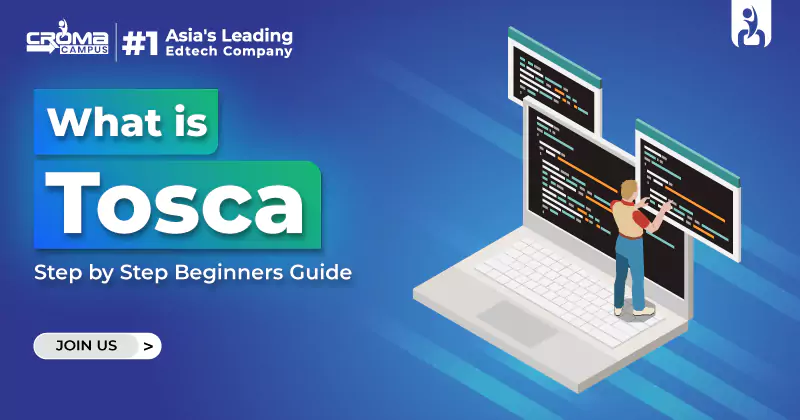
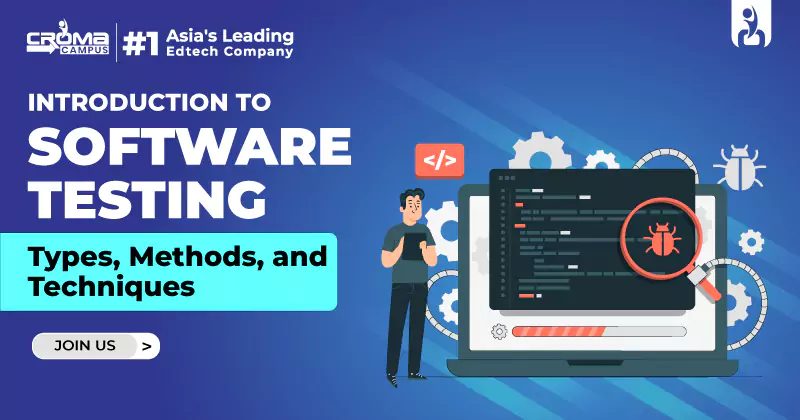
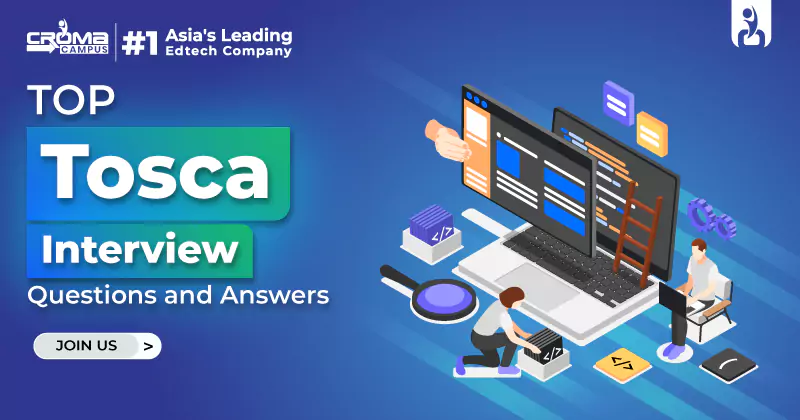

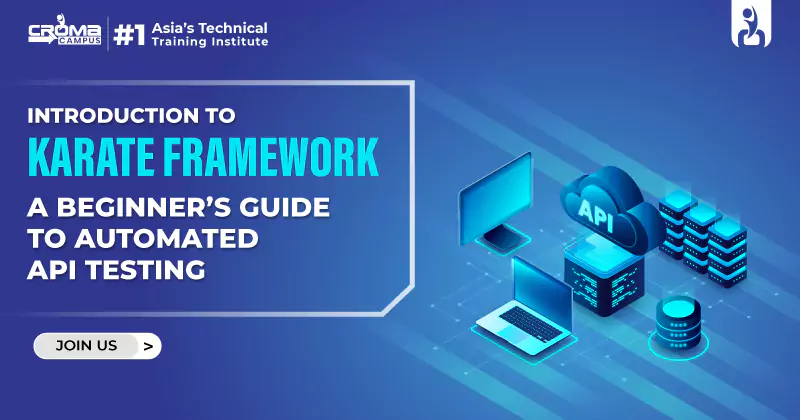
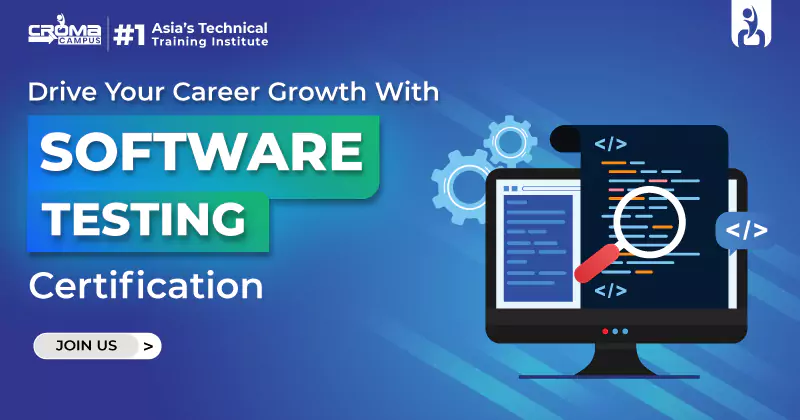
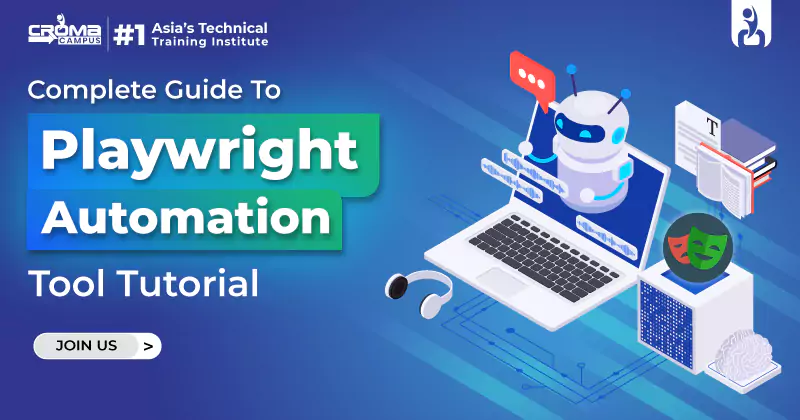
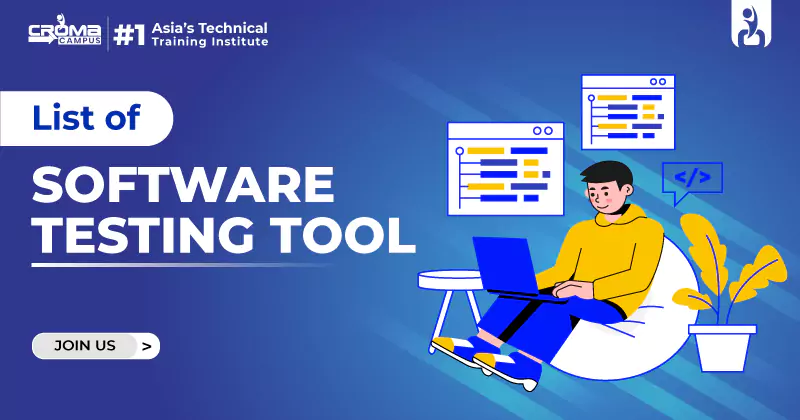
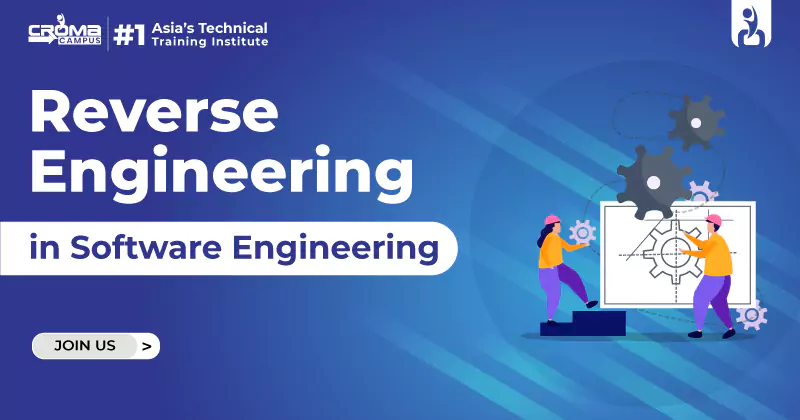
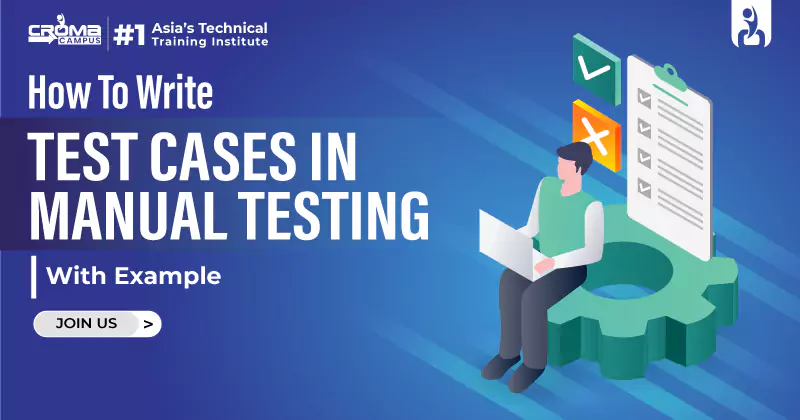
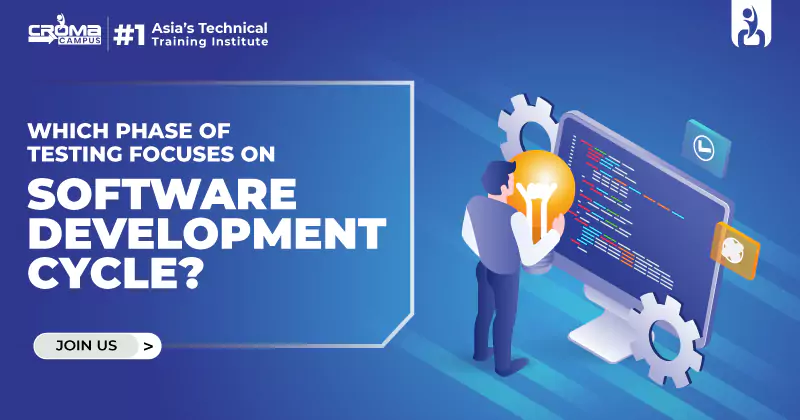










 Master in Cloud Computing Training
Master in Cloud Computing Training